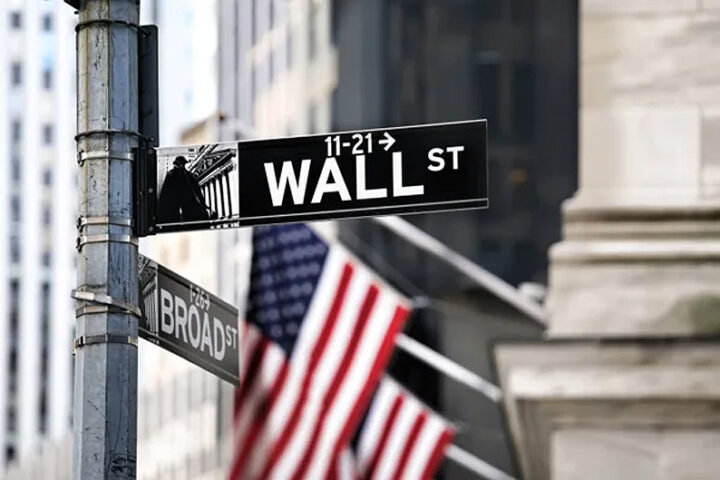.
Whereas the spotlight has remained focused on Limassol, the island’s maritime and forex hub, with high-rise towers mushrooming and where speaking Russian can open a few more doors, the sleepy town of Larnaca is at last expected to come out of hibernation and possibly steal back some of the limelight.
The home town of philosopher Kition has had its share of (some) successes and (mostly) disappointments, with the marina-port losing its former glory, the airport riding rollercoaster waves with new airlines arriving as fast as others close, and the occasional high-rise dotting the skyline.
The infrastructure work along the seafront has had its benefits, with the town now becoming a popular destination, if at least for its palm-lined Phinikoudes promenade.
Fortunately, new arrivals such as the Radisson Blu have helped upscale the town’s image, while small colleges and the UCLan campus are trying to narrow the distance with the locals by re-attaching themselves to the town’s community.
But that does not have to end there as there are many projects that are still on the back-burner and we don’t see local politicians lobbying public services to fast-track permits for new hotels or overcome stumbling blocks that have prevented the new marina-port development from taking shape.
Having lost precious revenue from oil-industry support services that were “heroically” banished from the port, Larnaca still needs to attract some serious investments.
Many opportunities have come and gone, with little effort to try and keep investors interested in the town.
This will now change with the announcement this week that the Cyprus Marine and Maritime Institute will start taking shape after ranking third-best among 14 recipients of EU innovation and research grants, earning the public consortium behind the project a cool €15 mln from Brussels, and an equal amount from the state.
This money, that should last for about seven years, will see around 200-300 scientists doing research on any subject that deals with the ‘blue economy’, from developing new technology in marine fuel and communications to testing software systems and management techniques.
In other words, there will be an industrial application to all the work that the geeks will be doing at the new facility labs.
Ultimately, this means that the focus of the maritime cluster may shift away from Limassol, that is gradually losing its identity and where real-estate prices and rents are fast approaching Monaco, reminiscent of the years of uncontrolled development and greed of the 1980s and 1990s.
Larnaca needs to learn from the mistakes of the other towns and embrace the CMMI project, promote the town as an all-inclusive investment hub and strive to take it up to the next level.
It needs sustainable development, to maintain what good it has and protect the environment, which should not be sacrificed in the name of building ugly residential blocks.
It can become an innovative town that others will someday want to imitate. If there’s a political will, of course.







